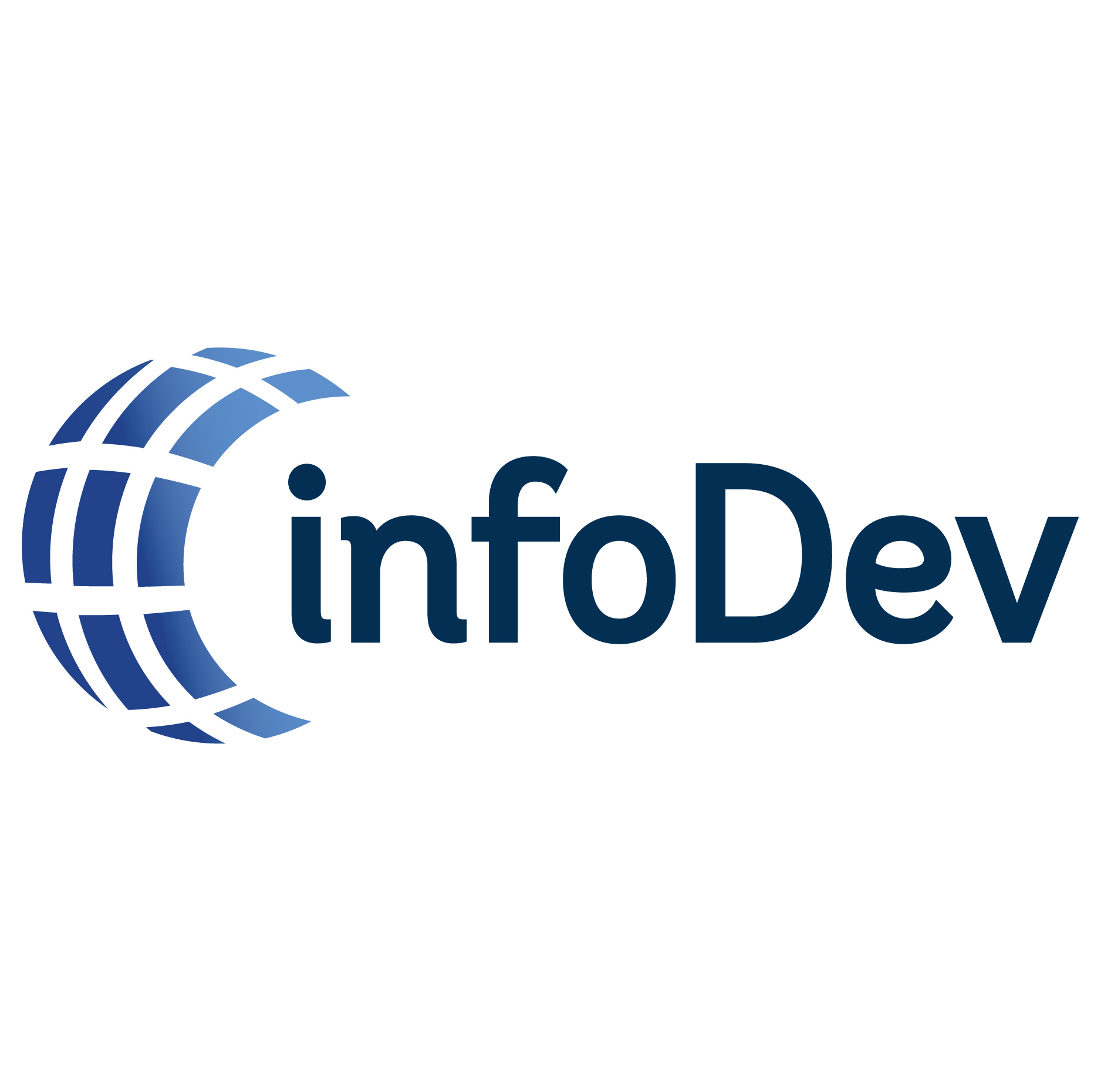There are tens of thousands of donor-funded development projects worldwide, each governed by countless demands, guidelines and procedures designed to protect the projects and ensure that aid gets to the poor. Experience shows that capacity in developing countries can be improved and strengthened quickly when donors better coordinate their activities and harmonize their procedures.
As such, the World Bank works with other international institutions and donors, civil society and professional and academic associations to improve the coordination of aid policies and practices in countries, at the regional level and at the global level.
Partnerships at Work
The adoption of the Millennium Development Goals (MDGs) in 2000 solidified an historic global partnership to focus on reaching seven specific targets to reduce poverty, hunger, disease and illiteracy. The eighth goal, Develop a Global Partnership for Development by 2015, identifies the means to achieve the other seven.
Here are some of the global partnerships in which the World Bank participates:

